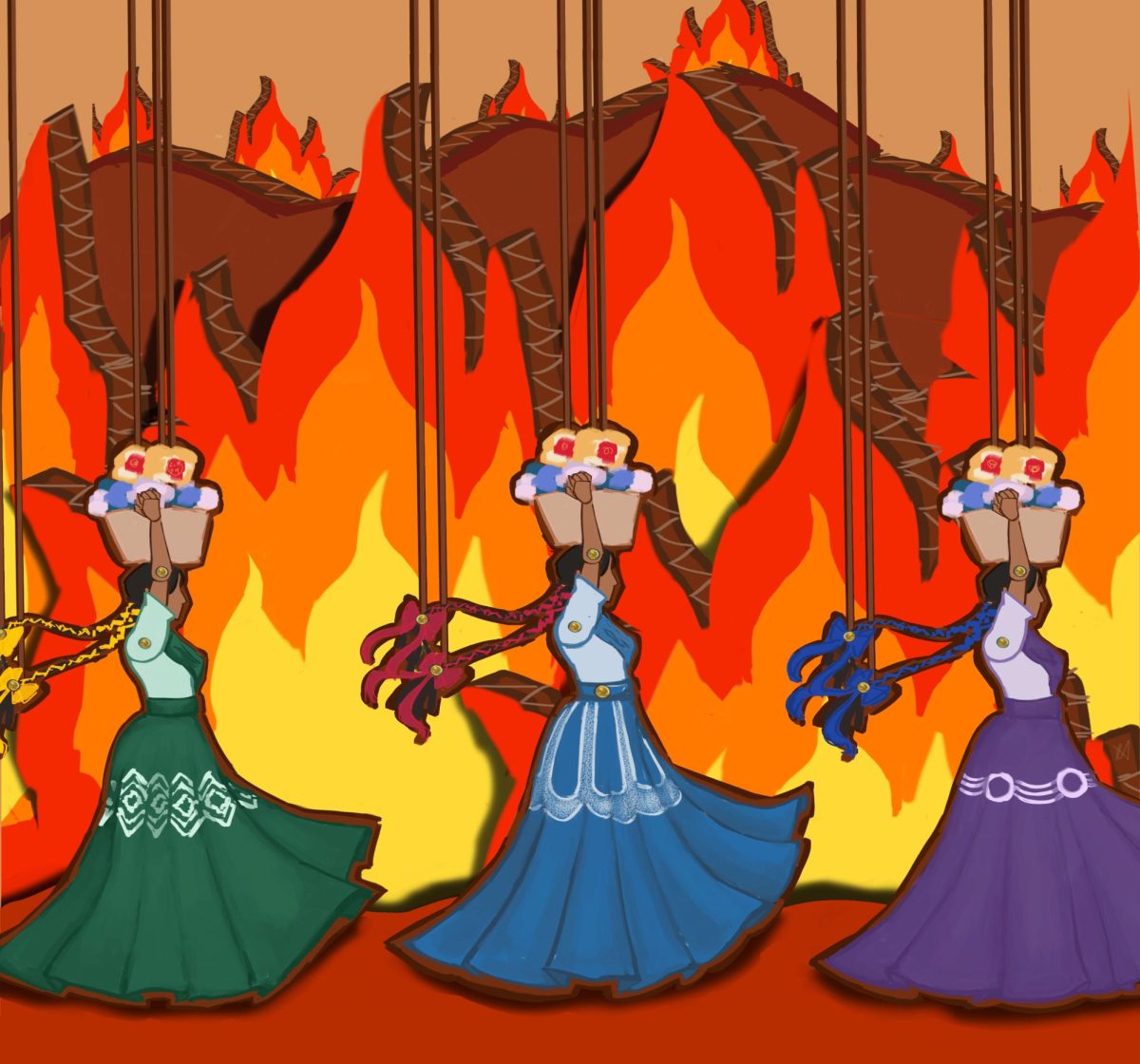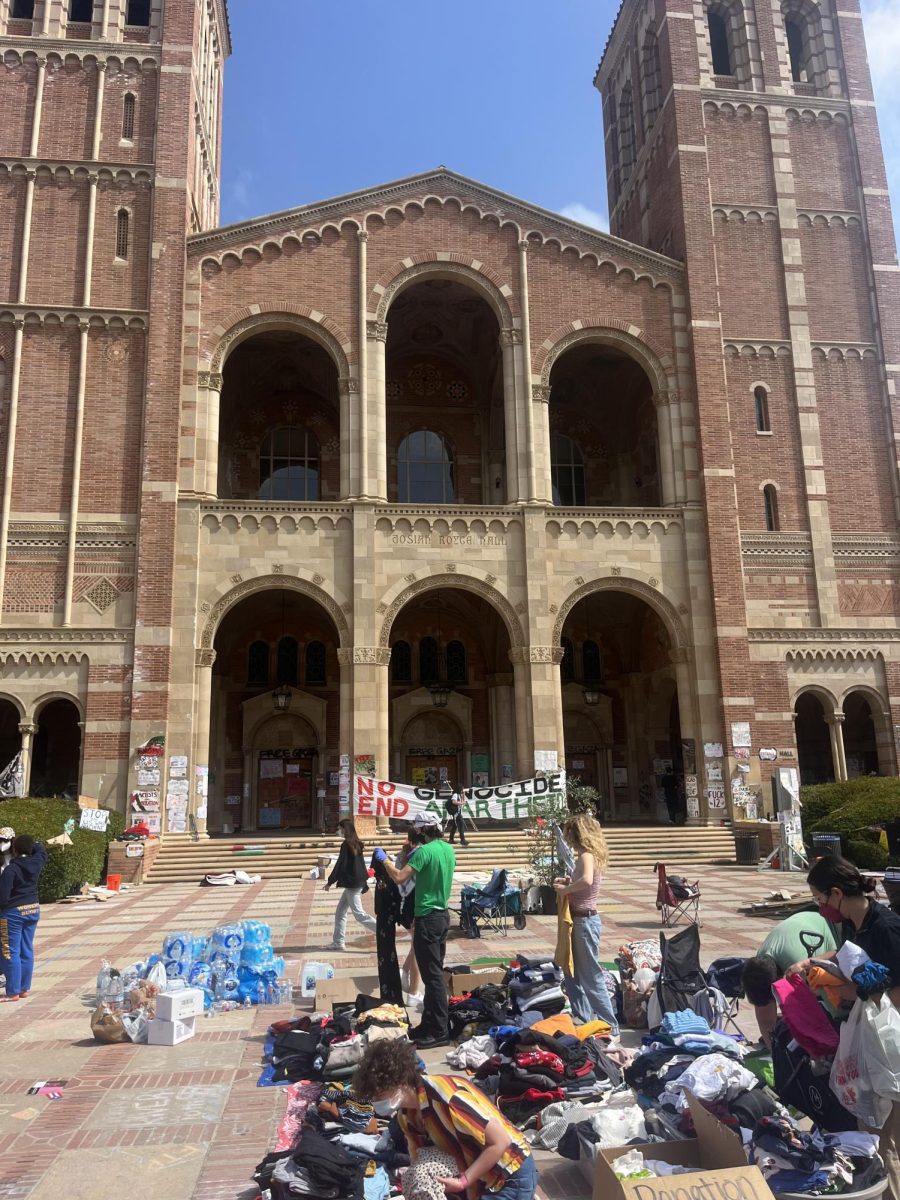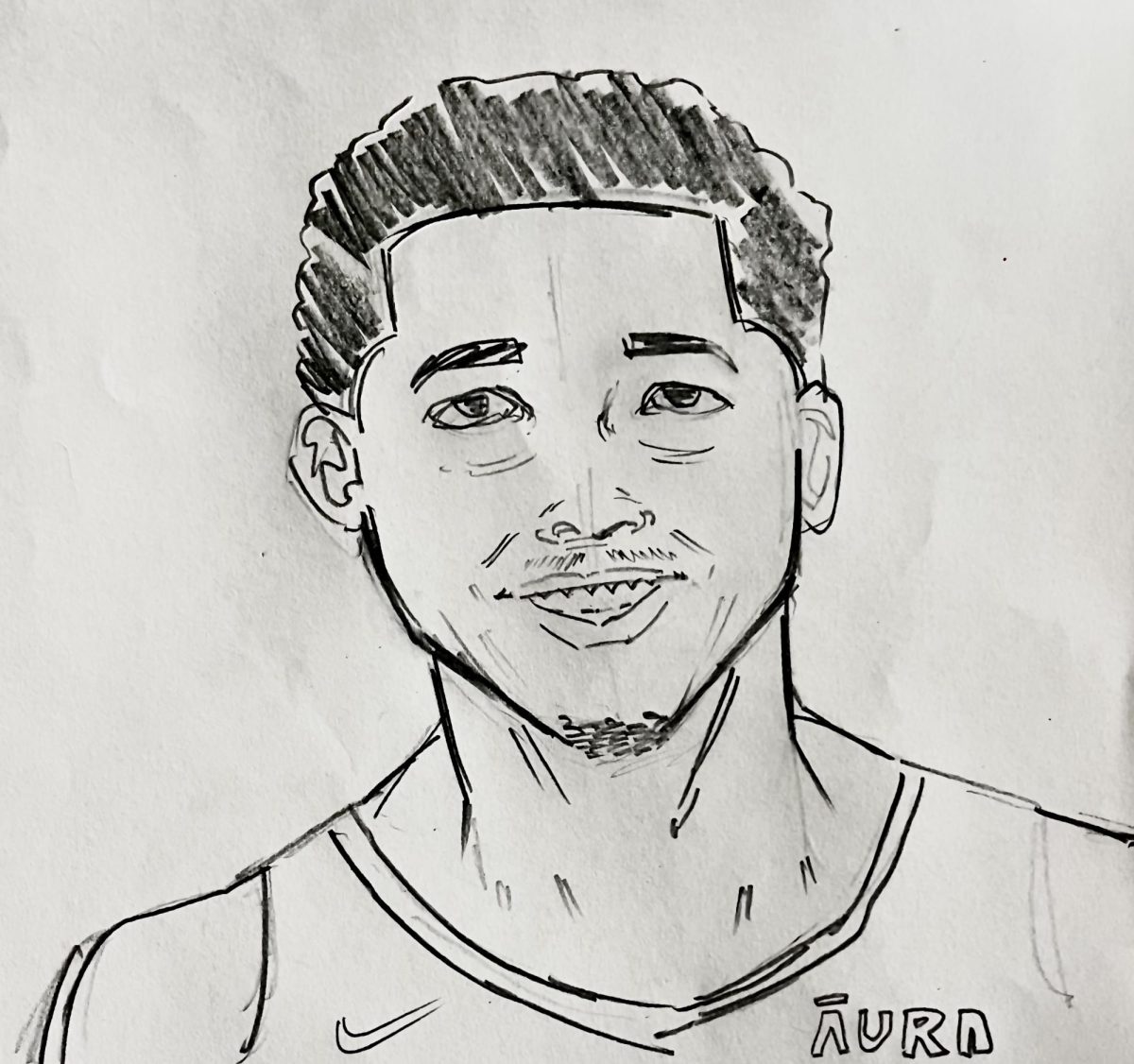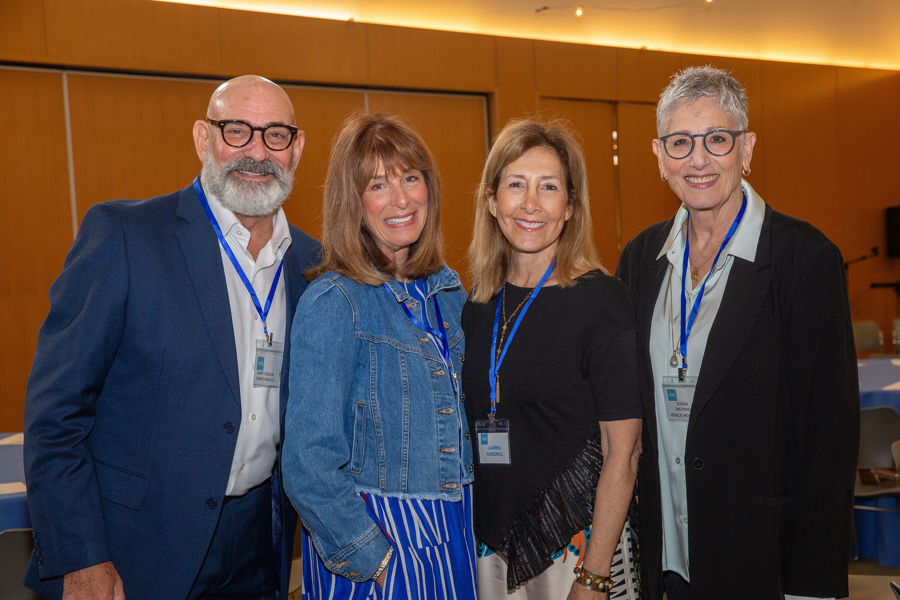English Language Development classes are supposedly meant for children who are considered “not good enough” to be English speakers.
Growing up Mexican-American, I experienced many difficulties throughout my education. I went to an elementary school that had the ELD program, where I came to terms with the fact that ELD students are often categorized by their ethnicity, race, and level of knowledge in a way other students are not.
I was placed in the system at a very young age, not knowing what the outcomes would be or why I was put there. All I knew was that I was “supposed to be there,” according to what the teachers constantly reminded the students.
I vividly remember a specific instance where there were two classrooms connected by one door. One classroom was for ELA students or what the teachers would say “normal English students,” the other was for ELD students.
We would constantly hear the other students in the ELA classroom have fun and laugh. There was one time when I remember the teacher said, “You guys aren’t having fun, because you’re ELD students”.
When a student would succeed in ELD, we would feel even more insecure of our own speech. I remember once a new girl came to our class she spoke Spanish so clearly and formally, and when the teacher asked to read a paragraph from a novel we were reading she made no mistakes and had no grammar or speech errors.
Right away the teacher gasped and applauded her for her amazing “English skills” and “comprehension of the language.” The teacher then said, “Oh honey, you’re in the wrong class—how dare they put you in this type of class.”
A few days later the teacher asked the new girl to stand up and to walk up to the door that divided the two classrooms.
We all knew what would most likely happen next. The door would open and it’s the teacher next door, who would give the student a hug and say that they’re going to have so much fun with their new classmates and classroom. It was a shocker how many high standards they had for us, standards that are way too high for fifth graders; in order to pass the ELD exam we had to read 150 word passage in one minute.
The teacher then would look at us and say, “See guys, she’s going to the classroom next door because she passed. She will have so much fun while you guys are here learning the basics of English.” Every student there felt like they weren’t good enough.
The teacher apparently threw a welcome party for that new student. We could hear everything.
Looking back now makes me feel sad and disappointed at how poorly the idea of “ELD” manipulated us. It caused trauma and insecurities at such a young age, a feeling of separation and anxiety.
I remember feeling bad for knowing a second language and many of my classmates started to speak less and less Spanish just to show teachers they fully spoke English.
According to the U.S Department Of Education, Hispanic/ Latino students represented more than three times the share of Emerging Bilinguals, a newer term to describe students enrolled in ELD classes.
Even after I graduated from 5th grade, I still saw counselors and teachers being biased towards ELD students. It sometimes even made us feel excluded, because we couldn’t take certain classes.
I know teachers here at Venice dearly love their students and help them feel less excluded, whether it’s an ELD class, an AP class, or an inclusion class.
Lorena Santos, who oversees ELD programming at Venice, says she wants to help address the problems of the past.
“Historically English Learners have been discriminated against, which is why they’re are so many programs here at Venice that are trying to make up for all those years of discrimination” she says.
According to Santos, the percentage of ELD students at Venice has dropped. It was 5 percent of students last year, but now it’s 4 percent.
Students in ELD programs are now also called Emerging Bilinguals, which acknowledges that students know two languages. Santos hopes students come out from this program knowing two languages—a home language and an academic language in school. “It has a more positive take for the students,” she says.
Among the goals Santos has for LAUSD is “to have a better understanding of where students are placed when they are enrolled as English learners when coming from another country.”.
Venice now also has teacher assistants in ELD classes, which is new this year. There are also targeted tutoring, and ELAC, a monthly gathering of English Learner parents.
“Venice wants parents to be involved to understand how to support their students and know what’s going on,” she says.
Venice not only is trying to support students but also reclassify students before they leave Venice. A lot of students have given up in trying to reclassify, or students start to grow a mentality of “well I’m already here in this class might as well stay here.”
Santos believes the reason why some students are not reclassifying is because they are “comfortable there and are not used to change,” or some students aren’t familiar with the process to reclassify. But now she’s been making sure every student knows all the requirements to reclassify, so “they know what they’re working towards.”
Overall from elementary to high school there’s been many changes for the ELD program. ELD has transitioned to something better. Thanks to teachers like Lorena Santos and administrators, the system is improving and making sure students reclassify.
Personally, I wish more schools were like Venice when it comes to supporting students. Being 1st generation and learning to balance two languages at a young age is difficult and continues to be difficult for any age group. Todos tenemos metas, todos las podemos lograr con esfuerzo y con la mirada alta. No te rindas.











